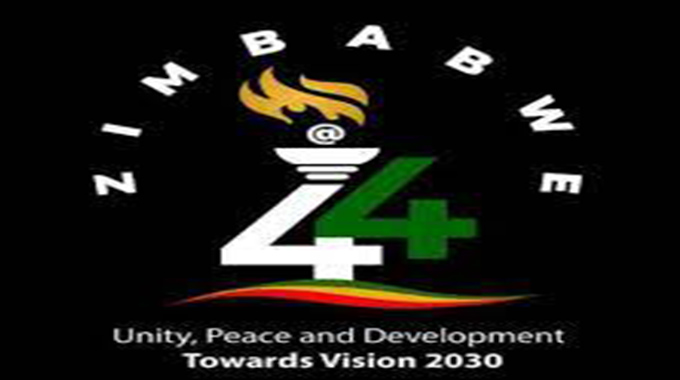From sanctuary to victory: Tracing the Frontline States’ impact on Zimbabwe’s independence

Stanford Chiwanga, [email protected]
THE liberation of Zimbabwe from white minority rule in 1980 stands as a pivotal moment in African history. The struggle for independence was a complex one and the role of the Frontline States (FLS) — a coalition of nations bordering Zimbabwe was pivotal. While their provision of safe haven for Zimbabwean liberation movements is well-documented, a deeper understanding reveals their multidimensional contributions.
Undoubtedly, the FLS, which primarily included Angola, Botswana, Mozambique, Tanzania, Zambia and later Zimbabwe itself, offered crucial sanctuary. Their territories became logistical hubs for the Zimbabwe African National Liberation Army (Zanla) and the Zimbabwe People’s Revolutionary Army (Zipra), the liberation movements’ military wings. Scholars like Terence Ranger highlight how these safe havens allowed the movements to train recruits, establish communication networks, and store weaponry.
Furthermore, according to historian Louise Fabian, the FLS provided material support, including food, medical supplies and transportation. This logistical backing proved vital in sustaining the guerrilla war effort.
The FLS transcended their role as physical sanctuaries. They actively lobbied the international community to isolate the white minority regime in Rhodesia. Leaders like Julius Nyerere of Tanzania and Kenneth Kaunda of Zambia spearheaded efforts at the Organisation of African Unity (OAU) and the United Nations (UN) to condemn Rhodesia’s racist policies and garner support for the liberation struggle. This diplomatic pressure culminated in international sanctions against Rhodesia, further weakening the regime’s economic and political standing.
Diplomatically, the FLS were unified in their opposition to the apartheid regime in South Africa and its allies in the region. They played a crucial role in the negotiations leading to the Lancaster House Agreement, which paved the way for Zimbabwe’s independence. Their collective bargaining power and international lobbying efforts were instrumental in isolating the Rhodesian regime and garnering support for the Zimbabwean nationalists.

One of the most notable diplomatic successes of the FLS was their opposition to South Africa’s proposed Constellation of Southern African States (Consas), which aimed to establish a regional bloc to secure South Africa’s military, diplomatic, and economic hegemony. The Frontline States’ resistance to this plan and the subsequent independence of Zimbabwe marked a significant defeat for apartheid South Africa and the collapse of Consas.
On the material front, the Frontline States provided military equipment, training and financial resources to the liberation movements. Despite their own economic challenges, these states prioritised the liberation struggle, recognising its importance for the entire region’s future. Their contributions were vital in sustaining the liberation war against a well-equipped and internationally backed Rhodesian army.
The FLS also played a critical role in facilitating negotiations between the warring parties. Their proximity to the conflict and understanding of regional dynamics made them ideal mediators. However, this role was not without its challenges. As noted by Michael Cowen, the FLS sometimes struggled to maintain a unified front due to differing ideological stances within the coalition and their own security concerns regarding an emboldened South Africa. Additionally, tensions arose between the FLS and the liberation movements themselves, particularly concerning negotiation strategies.
However, it’s important to recognise that their role was not singular. The unwavering determination of the Zimbabwean people themselves, the armed struggle waged by Zanla and Zipra, and international support from other nations all played crucial parts in dismantling white minority rule. The FLS role was best described as a stepping stone, creating the space for the liberation movements to operate effectively and ultimately achieve their goals.












Comments